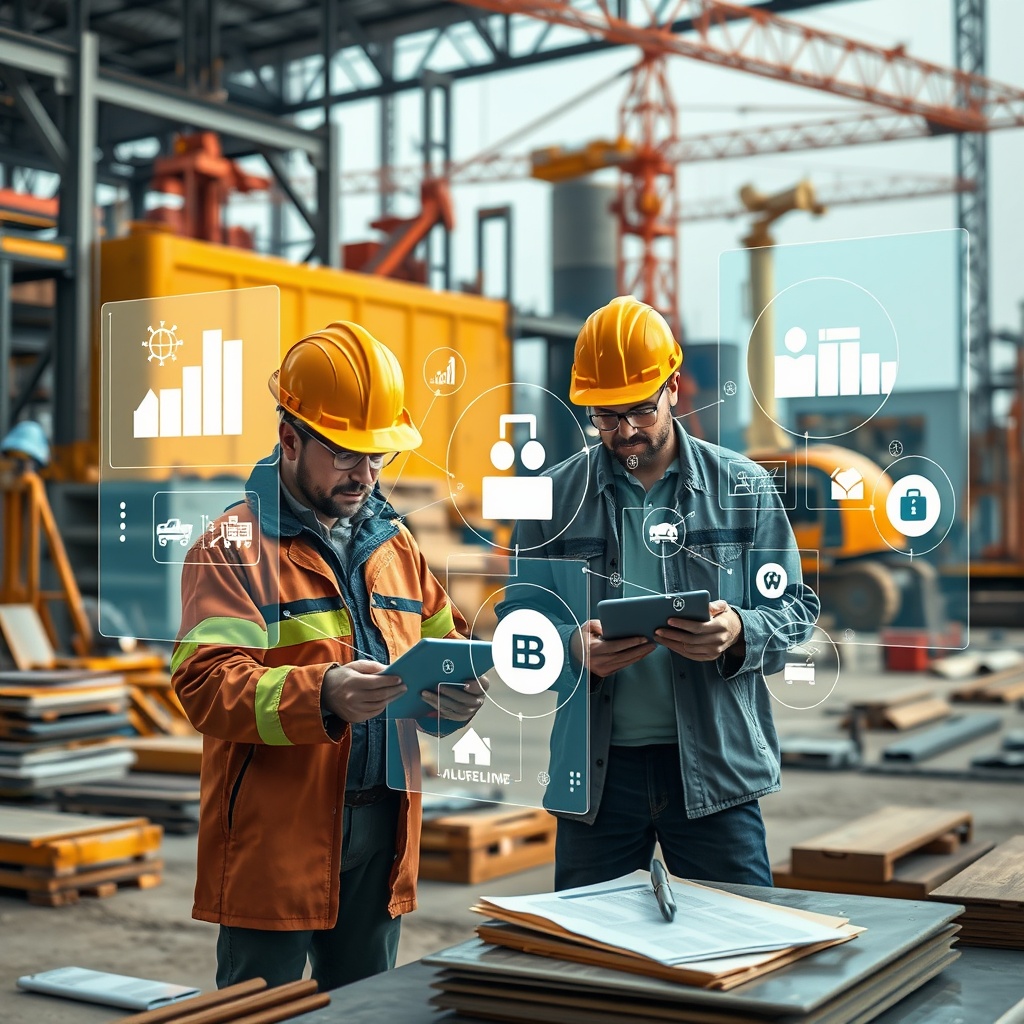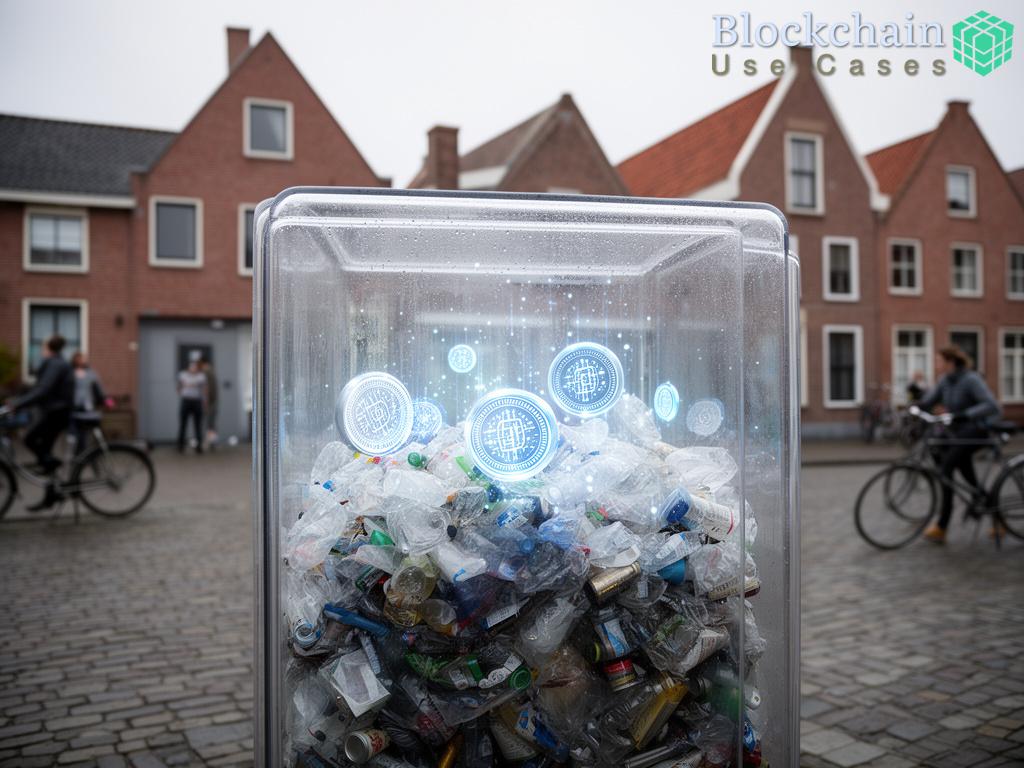Blockchain: The Game Changer in Construction Supply Chains

The construction industry, often marred by inefficiencies and delays, is on the brink of a technological revolution. At the heart of this change is blockchain technology, a decentralized ledger system that promises to transform how supply chains are managed and project timelines are adhered to. By ensuring transparency and enhancing trust, blockchain has the potential to streamline operations and mitigate risks involved in construction projects.
Imagine a world where every transaction is recorded in real-time, contracts are automatically executed, and the flow of materials is tracked seamlessly. This is not a distant fantasy; it is becoming a reality with the integration of blockchain in construction. The implications for project managers, suppliers, and clients are profound, paving the way for a more efficient construction ecosystem.
Key Benefits of Blockchain in Construction
As the construction sector seeks to innovate, understanding the benefits of blockchain technology becomes vital. Here, we explore how blockchain can reshape supply chain management and improve project timelines.
- Enhanced Transparency: Each participant in the supply chain has access to the same data, reducing discrepancies and fostering trust.
- Improved Accountability: Smart contracts ensure that all parties fulfill their obligations, minimizing disputes and delays.
- Streamlined Processes: Automation of processes reduces manual intervention, expediting project completion.
- Real-Time Tracking: Materials and equipment can be tracked in real-time, enabling proactive decision-making.
- Cost Reduction: By minimizing delays and inefficiencies, blockchain can lead to significant cost savings.
Challenges and Considerations
Despite its potential, the adoption of blockchain technology in construction is not without challenges. Stakeholders must navigate technical complexities, regulatory considerations, and the need for industry-wide standardization. For successful implementation, it is crucial to address these hurdles collectively.
Moreover, training and familiarizing the workforce with blockchain tools will be essential. As with any technological advancement, a cultural shift may be required to fully embrace the benefits blockchain offers.
As construction firms increasingly recognize the value of blockchain, we may soon see a fundamental shift in how projects are planned and executed. The future of construction supply chains is bright, powered by the trust and efficiency that blockchain brings.





